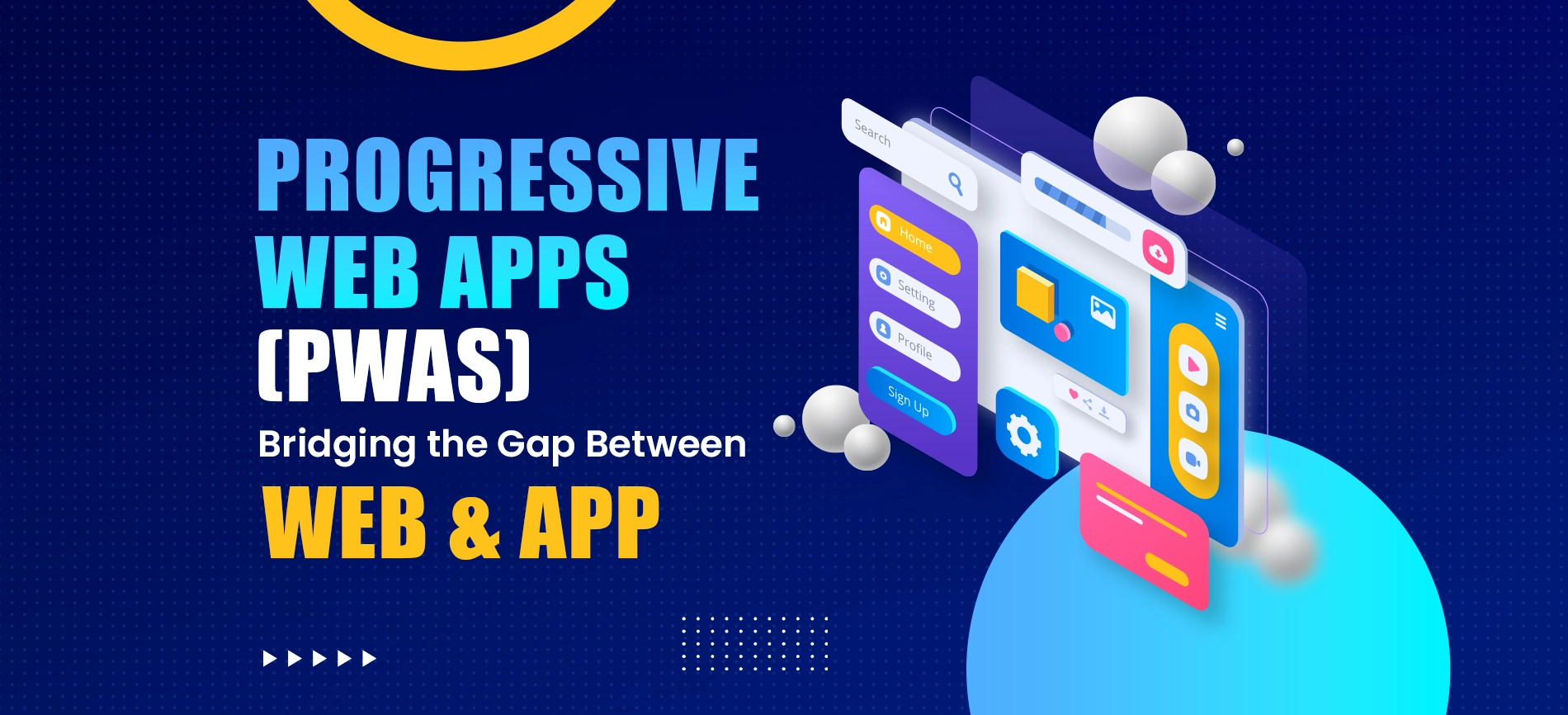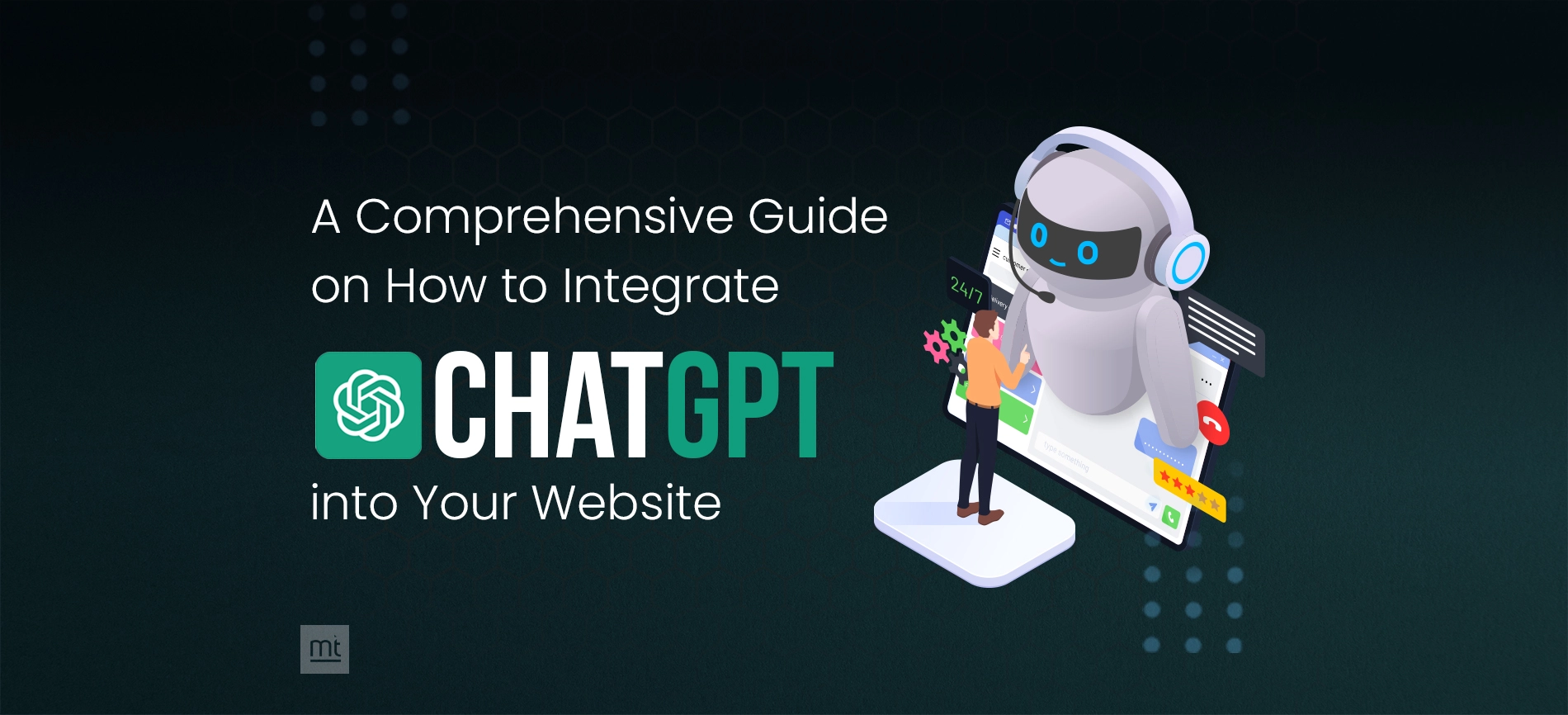APIs and API administration is required for attaining digital innovation in today’s technological ecosystem. Simultaneously, economic pressures, industry-specific transformations, and customer trends are redefining how organizations use APIs to grow and remain competitive.
One thing is constant. API management is critical to prospering in a digital economy regardless of your industry.
What Exactly Is An API?
API is an abbreviation for Application Programming Interface. An API is a software interface that allows two apps to interact with one another. In other words, an API is a messenger that sends your request to the provider and provides a response.
The API specifies functions that are independent of their subsequent systems, enabling such uses and definitions to diverge without jeopardizing one another. As a result, by giving building pieces, a good API makes it simple to develop the system.
Engineers seldom start from scratch when writing code. APIs that allow developers to repeat repetitive yet complicated procedures with little code. The current rate of API app development is dependent on the speed of APIs that allow developers to construct applications.
Engineers are currently more prolific than ever before when it comes to building code from scratch. They don't have to reinvent the API every time they develop new software. Instead, businesses may concentrate on their apps' unique suggestions while separating all asset functionality from APIs.
An Actual Instance Of An Application Programming Interface
When looking for airlines online, you have several possibilities. You select your departure date, city return date, clothing category, and other adjustable elements like a meal, seat, and luggage preferences.
To book your ticket, go to the airline's website and see if there are any available seats on those days and whether the cost varies depending on the day, flight time, route thunder, and so on. Whether you are a collaborator from a website or an online travel service that incorporates information from numerous airlines, you must access that information through the airline's website. Otherwise, you may be able to get information using your cell phone.
In any event, if you need information, thus the app should integrate with the airline API, allowing access to airline data.
API integration and development service work like your friendly waiter is a visible link that consumes and sends data from the operating system to the airline's web services. It also takes the airline's response to your request and directs you back to your travel itinerary. Furthermore, each stage of the procedure - from seating possibilities to payment and booking - promotes interaction between the application and the airline's plans.
Let’s discover how API benefits your business operations.
Benefits Of API For Your Business
APIs enable businesses to create solutions that improve customer experiences without dramatically increasing costs. They can also help firms simplify their processes.
The following are some of the advantages of utilizing API:
Integration Easiness
An API is a component that enables various platforms, applications, and systems to communicate with one another, share information, and perform a variety of functions. For example, one piece of software can be utilised within another or linked with other tools to speed up particular procedures.
Improved Integration
APIs simplify and promote integration by allowing various software to restructure their interrelationships based on the demands of your organisation. This allows your firm to get greater results while lowering development expenditures.
The integration of apps is the cornerstone of many automation schemes, for which APIs have become important.
Integrations simplify laborious operations, resulting in a seamless transition between linked systems. Your company may save money, time, and effort by automating and integrating procedures.
Enhanced Services
APIs make it easier to install new apps, business models, and digital goods, as well as to effectively supplement them with third-party products or services while increasing their development. As a result, many developers and business people are prepared to pay to utilise it.
Innovation
APIs are critical to digital transformation as well as the establishment and development of new business models. They serve as the foundation for application economics, which allows for faster, better, and lower-cost development.
How are the above benefits developing new trends in the market?
Latest API Trends
API Delivery through Low-Code and No-Code Becomes the Gold Standard
There is a significant difference between creating a few one-time APIs and administering APIs at scale. Leveraging technology with low-code or no-code capabilities is a critical component in achieving efficiency in creating and maintaining hundreds of APIs.
Few organizations could legitimately tout a low-code/no-code strategy just a few years ago. Today, SaaS services, cloud providers, and even mainframe technologies are lowering the amount of code necessary by leaps and bounds.
Microservices Development and Platform Integration
Microservices and composable corporate technologies are becoming increasingly prevalent. Similarly, containerized environments and orchestration using Kubernetes have grown increasingly widespread. As more enterprises adopt these technologies, they will require API management solutions that can deploy in a Kubernetes environment as well as connect with a variety of composable enterprise tools.
Organizations that want to thrive with APIs and microservices in 2022 will need significant platform interoperability advancements. This will be a recurring topic in the coming year.
APIs for Artificial Intelligence and Machine Learning
A trends piece would be incomplete without including AI and ML technology. AI and ML advancements have so far had little influence on most businesses. Despite significant progress, the majority of businesses are too preoccupied with hybrid cloud, multi-cloud, and microservices solutions to even consider AI and ML.
However, AI and ML are evolving at a rapid pace. And, thanks to APIs, it’s becoming increasingly simple to tap into the potential of these technologies. We anticipate that more companies will begin to adopt AI and ML technologies in 2022, simply because so many more are becoming available via APIs. speech recognition, chatbots, predictive analytics, and customer service automation technologies are examples of such services.
Real-Time Data Synchronization
API users increasingly expect instant gratification, therefore real-time data access is critical. Some activities, like booking an Uber or ordering a pizza, are reasonably simple to implement using typical REST-focused methods, while others, such as fraud detection and reporting, might be more difficult to tackle in real time.
Real-time API delivery is a mission-critical service in several businesses. In inventory management, sending real-time notifications when an item is ready for purchase might be the difference between a sale and a customer loss.
Global Efficiency
Real-time data access with an API would be reasonably straightforward if API clients did not anticipate top performance from any point on the planet. This implies that your API requires some type of caching, and that caching increases the possibility of data being out of sync. As a result, there is a tendency toward performance optimization.
APIs being the principal interface for many services, must be optimized on a global scale. Consumers want quick responses, therefore evaluating API performances is critical. Once performance measurements are in place you may improve the API using strategies such as caching, payload limitations, rate limiting, and others.
Conclusion
The software business is rapidly evolving, and every developer must find ways to keep up. New technologies make it easier for API developers to create performant, highly available, and secure apps. They also provide API users with extra choices for integrating them.
API technology will continue to advance in tandem with the growing number of APIs available. The development of video streaming, cloud-native technologies, and edge computing may all drive the business in unexpected ways.
About Author
Subscribe to Our Newsletter!
Join us to stay updated with our latest blog updates, marketing tips, service tips, trends, news and announcements!




















